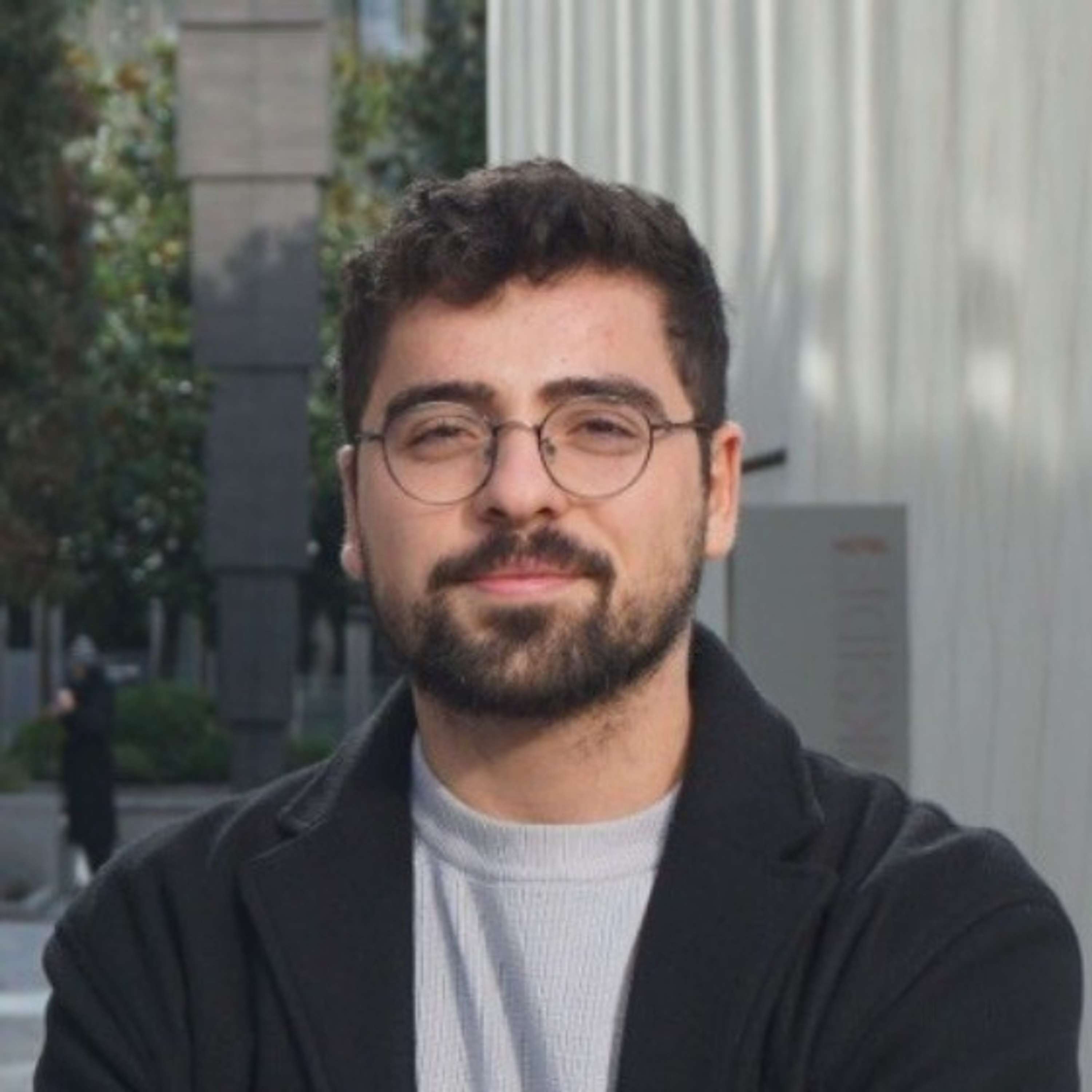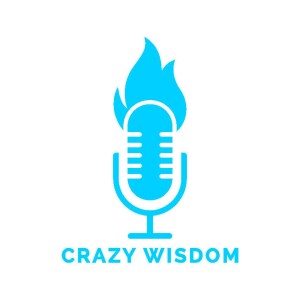
Linux, AI, and the Open-Source Revolution: A Dialogue with Adam Cohen
 2024-04-05
2024-04-05
In this episode, Stewart Alsop is in conversation with Adam Cohn (linkedin and twitter), the CEO of Deepin, focusing on the open-source AI project, Adios. They discuss the importance and history of open source, particularly in relation to AI, emphasizing the role of collaboration and knowledge sharing in advancing technology. Adam details his project of an open-source AI wearable device, and its implications for technology and data privacy. They also touch on the role of AI in software and coding, the definition and future of autonomous agents, and the various models of open-source AI.
Timestamps
00:02 Introduction and Guest Presentation
00:54 Exploring Open Source and Its History
02:23 Understanding the Role of Linux in the Digital Age
02:59 The Intersection of Open Source and Personal Computing
04:29 Deep Dive into Linux and Unix
06:20 The Security Aspects of Open Source
08:31 Exploring the Business Model of Open Source
10:23 The Future of AI and Open Source
10:29 Discussion on Mistral and Open Source
18:29 The Importance of Open Source in Wearable Technology
22:03 Building an Open Source Wearable
25:00 Exploring the Potential of Bluetooth Technology
25:47 The Intricacies of Voice Cancellation Technology
26:17 Discussing the Hardware and Software Aspects of the Company
27:17 The Role of Open Source in Technology Development
27:30 The Challenges of Implementing Technology in Argentina
28:09 The Intersection of Hardware and Software in Product Development
28:55 The Importance of Aesthetics in Wearable Technology
29:38 The Potential Risks of Manufacturing in China
30:01 The Power of Open Source in Ensuring Transparency
30:36 Highlighting Key Figures in the Open Source AI Community
32:05 The Philosophy Behind Open Source and Its Impact on Democracy
42:20 The Future of Autonomous Agents in AI
47:18 The Role of Coding in the Age of AI
Key Insights
-
Open Source as a Foundation of Technology and Innovation: Adam Cohen stresses the importance of open source, highlighting its historical roots intertwined with the development of computing and the broader scientific revolution. Open source, by sharing knowledge, code, and documentation, has advanced the digital age, with Linux emerging as a pivotal force in the server domain, despite the commercial success of proprietary systems like Windows and MacOS.
-
Linux's Dominance and Security in the Digital Landscape: The discussion underlines Linux's significant role in powering the internet, serving as the underlying technology for most servers. Cohen argues that Linux's open-source nature contributes to its enhanced security compared to proprietary systems, allowing for broader collaboration and scrutiny in its development.
-
The Business Model of Open Source: Cohen dispels the myth that open source equates to non-profitability, explaining how companies can thrive by adopting an open core model. This approach allows for the core product to be open-source, with monetization coming from additional services or managed solutions, as seen with GitLab and Redis.
-
Open Source in AI and the Debate Around Accessibility: The conversation shifts to the complexities of open-source AI, touching on Mistral's approach of releasing some models openly while reserving others for commercial use. Cohen expresses support for a model where older versions become open source as new iterations are developed, fostering a balance between innovation and accessibility.
-
The Personal AI Wearable Project: Adam Cohen introduces his project of developing an open-source, AI-powered wearable device. He emphasizes the importance of user control over data, foreseeing a future where personal AI devices, intimately integrated into our lives, require transparent and user-driven data management to prevent potential misuse.
-
The Implications of Closed-Source Wearables: Cohen raises concerns about the potential dangers of closed-source wearables, which could lead to invasive data collection and privacy breaches. His advocacy for open-source development in this domain is rooted in the belief that users should have absolute control and understanding of how their data is used and stored.
-
The Role of Community and Ethics in Open Source: The discussion concludes with a broader reflection on the ethos of the open-source community. Cohen argues that open source is not just about technology development but also about fostering a democratic, inclusive, and ethical approach to innovation, ensuring that advancements are made transparently and with community input to avoid the pitfalls of centralized control and potential misuse of technology.
More Episodes
Create your
podcast in
minutes
- Full-featured podcast site
- Unlimited storage and bandwidth
- Comprehensive podcast stats
- Distribute to Apple Podcasts, Spotify, and more
- Make money with your podcast
It is Free
- Privacy Policy
- Cookie Policy
- Terms of Use
- Consent Preferences
- Copyright © 2015-2024 Podbean.com






